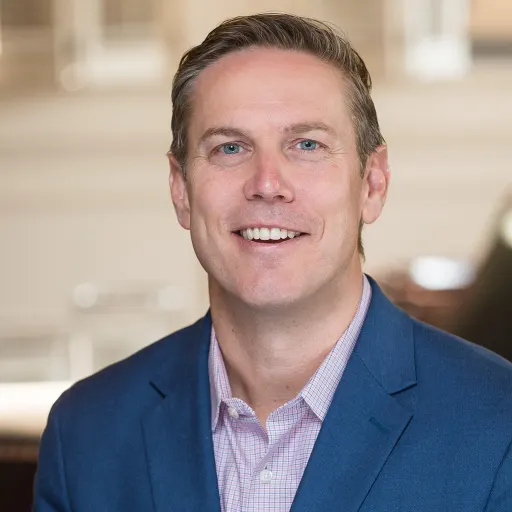How youth can help end the gun epidemic
January 14, 2016
I am the sister, crumpled on the floor, sobbing while clutching the phone. I feel like I’ve been shot too.
I am the mother, blind with grief and unable to believe it was my own child who was a victim. My heart is shattered.
I am the victim, lying limp, immobile and helpless while the pool underneath me expands, my shirt reddening.
I’ll be added to the mile-long list of gun violence victims in a few minutes.
This isn’t my own story, and it’s most likely not yours either, but it very well could be. This could be any of us at any time, and it’s exhausting to see these heinous acts happening daily in the U.S. I’m outraged that thousands of people are murdered and injured every year due to gun violence. According to the Gun Violence Archive, there have already been 1,568 gun-related incidents in 2016 in the U.S., including 408 deaths and four mass shootings. In 14 days. I’m devastated that we aren’t even close to fixing the gun problem, and that we can’t come together to agree on how to keep this nation safe. Too much blood and too many tears have been shed; this needs to stop, and our generation is the nation’s only hope for turning these numbers around.
Acts of gun violence, specifically mass shootings, have become the new “normal” in the U.S. According to the Gun Violence Archive, there were 330 mass shootings in 2015–almost every day of the year. Mass shootings have become a gruesome epidemic in the U.S. The U.S. makes up less than 5 percent of the world’s population, but it had 31 percent of the world’s mass shootings between 1966 and 2012.* This was more than any other country surveyed, and it enrages me that we still haven’t fixed the problem.
President Obama’s new executive actions call for more restrictions on guns and fewer loopholes at gun shows, and we as a nation cannot afford to reverse progress being made. We have to keep pushing forward to make this nation safer. While these executive actions are not projected to have much impact, they are a step in the right direction.
In Australia, a potential gun owner must pass a background check, which assesses criminal history, mental and physical health, and history of domestic violence, according to the International Firearm Injury Prevention and Policy. There is a limit to the number of guns and ammunition one may own, and prospective gun owners must have a reason to purchase a firearm (personal protection is not a valid reason). A training course is required to get a license to own a firearm. In Australia in 1987, prior to their gun laws being enacted, the annual mortality rate due to firearms was 694 deaths. In 2013, after their gun laws were enacted, Australia’s annual mortality rate due to firearms was 207 deaths. More restrictions have proven to decrease the number of deaths, and we need restrictions like Australia’s for the safety of our people. Certain issues like mental illness make definitive action for gun control difficult for lawmakers, however, if lawmakers don’t take basic action soon, gun sales and gun violence rates will continue to increase; we need lawmakers to enact legislation similar to Australia’s. It will be extremely difficult for our country to decrease gun violence if we don’t have these restrictions, and it’s time we stop twiddling our thumbs.
There is no clear agreement on the Second Amendment, but we do need to find alternative ways to reduce the rates of mass shootings and gun violence. It should not be this easy to access a firearm and not have many restrictions; background checks should be mandatory with every firearm purchase. I don’t want to reverse the Second Amendment so no one can own a firearm, but it’s time we enact some restrictions. Take the First Amendment, for example. While the Constitution guarantees our right to free speech, we have had to restrict it in some aspects. You can’t walk through an airport and scream about a nonexistent bomb, nor can you yell about a nonexistent fire at a movie theater. It’s time we do the same for guns; our country desperately needs some restrictions for the safety and well-being of its citizens.
As the next generation of voters and lawmakers, the responsibility will soon fall on us. We can never reverse the damage done, but we do have the power to minimize it in the future. I’m already 18, and I plan on practicing my right to vote in the elections; I encourage you do the same when you are able to vote. We hold the power to change the gun problem in the Unites States, and we have to be the ones to elect the officials who will take the steps to ensure the gun violence problem is minimized. We don’t have to live in a place where we’re fearful of going to school, to the movie theater, to work, to church. Taking these issues to the state and national levels and electing officials who will continue restrictions will give a voice to all of those who were lost in the senseless, preventable violence.
Until we realize we must handle the gun epidemic in the U.S. with a sense of urgency, more innocent civilians will be slain, the next victims of stoppable gun violence. If no one can decide how to prevent this gun violence, we must, as the next generation, keep the issue in mind when we vote in local and national elections. I don’t want to see daily headlines plastered across the news describing the latest mass shootings–the violence our nation has turned to disgusts me, and this isn’t something that can wait to be addressed. When we finally take action against gun violence, fewer sisters will receive that phone call, fewer mothers will grieve the loss of their child and fewer victims will lie stiffened as the light leaves their eyes.
*According to a study conducted by Assistant Professor of Public Justice at the State University of New York at Oswego, Jaclyn Schildkraut; and Research Assistant and Instructor at Texas State University, H. Jaymi Elsass.









